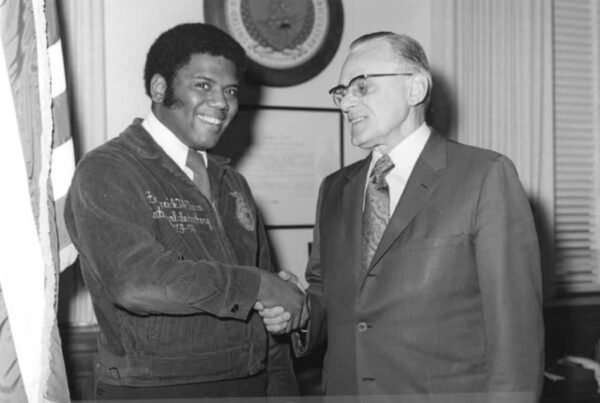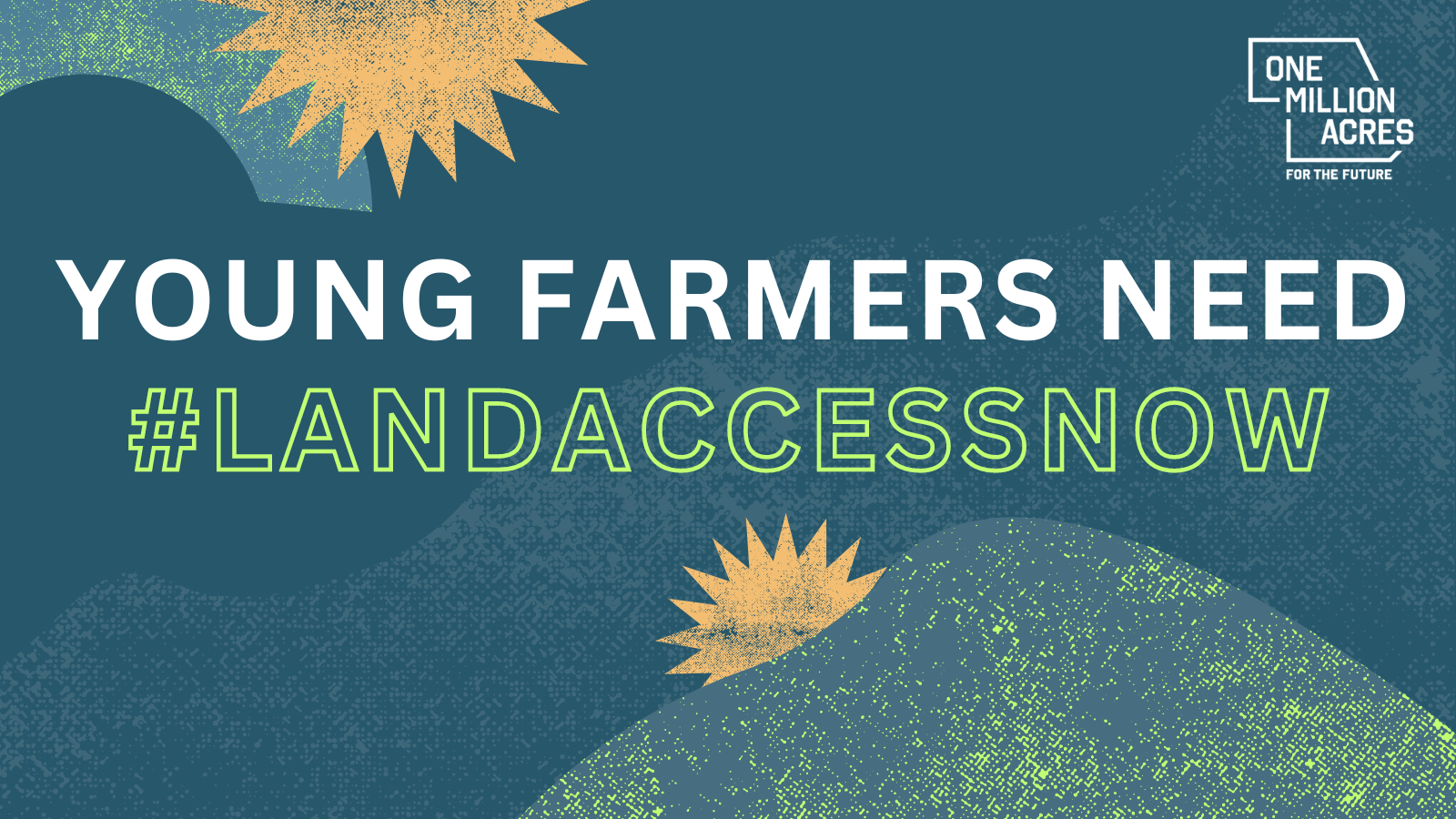NEW AND BEGINNING FUTURISTS FARMERS IN AGRIBUSINESS
“One farmer can’t hold the load of an entire region, but regional farmers can hold the load of the region, especially when it is connected to other regions that are doing the same thing,” Lindsay said.
COVID-19 is lifting the curtain on the fragility of the food systems—the entire process of production to consumption—and exposing the alarming consequences of racial inequity. African Americans are contracting and dying from COVID-19 at shocking and disproportionately higher rates than whites.
A strong immune system is key to surviving the coronavirus, making access to nutrition a vital resource during the pandemic.
“If you don’t have power in the food system, you are more likely going to be more vulnerable to conditions like hunger and malnutrition,” said Todd Post, editor of the 2020 Hunger Report: Better Nutrition, Better Tomorrow. The 2020 report outlines recommendations to increase equal protection under the law and build better food systems that are free of racial inequity.
Lindsay wants to make it clear that coronavirus is not creating new systems of injustice but exposing those already built in the system. Breaking the illusion that the grocery store can sustain the Black community and reconnecting the people to the land is part of the answer for him.
“We don’t have a food shortage problem; we have a logistics problem,” he said. “Once you put that farm system into place and it’s connected with the ecosystem that is balanced, there’s abundance—there is always more than you can eat.”
Currently, FFA is developing committees to focus on efforts to derive natural cultivation alternatives for genetically engineered crops, combat water, and sewage issues, and to support more organically-grown commercial crops. Efforts include the possible enumeration for unintended contamination of conventional and organic crops by genetically engineered crops. Potential workgroups are being formulated and future meeting dates will be shared soon.
Also in the news…
“The significant and ever-growing financial impact of the COVID-19 pandemic directly affects our 1890 Land-Grant Universities,” said Congressman McEachin. “It is imperative that these universities, including Virginia State University, receive the USDA funding and guidance they need to fulfill their mission during these challenging times. As our nation continues to navigate this global health crisis, food and agricultural sciences are needed now more than ever.”
“As we confront the realities and difficulties imposed by the COVID-19 pandemic, the timely release of NIFA/USDA’s 1890 Formula Funds (FY’20) has never been more critical. These funds allow 1890 institutions, like Virginia State University, to continue its assistance to underserved individuals, families, and communities,” said Dr. Makolah M. Abdullah, Virginia State University President.
The letter led by Congresswoman Alma S. Adams (NC-12) and co-led by Republican Congressmen Michael R. Turner (OH-10)and Blaine Luetkemeyer (MO-03) also calls on the U.S. Department of Agriculture to issue final guidance on Section 7114 of the 2018 Farm Bill, which Rep. Adams introduced in 2018 as the Carryover Equity Act. A copy of the letter is available here.
“1890 Land-Grant Universities, like all Historically Black Colleges and Universities, are suffering during this pandemic. The USDA should promptly provide them with the funding they need to provide for their students and faculty, as well as the farmers and larger communities they serve,” said Congresswoman Adams. “Finalizing the implementation of the Carryover Equity Act is a major issue of equality and fair treatment under the law for the nineteen 1890 Land-Grant Universities. These institutions, especially during this time of financial crisis, deserve a swift resolution to this decades-long injustice they have faced under the existing law. While our HBCUs are stronger than COVID-19, they need a hand up right now. I ask that USDA act promptly to provide desperately needed funding and guidance to these schools so that they can continue their mission to educate the farmers and agricultural researchers of tomorrow.”
“The economic impact of the coronavirus pandemic on 1890s such as Central State University has been devastating. I look forward to Secretary Perdue and USDA working to provide funding to these critical universities as quickly as possible,” said Congressman Turner.





